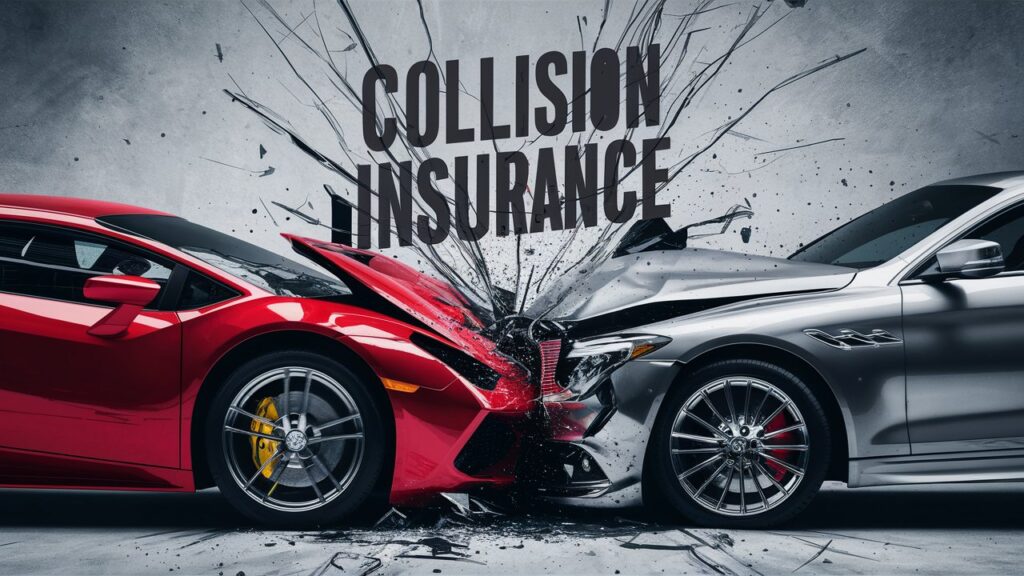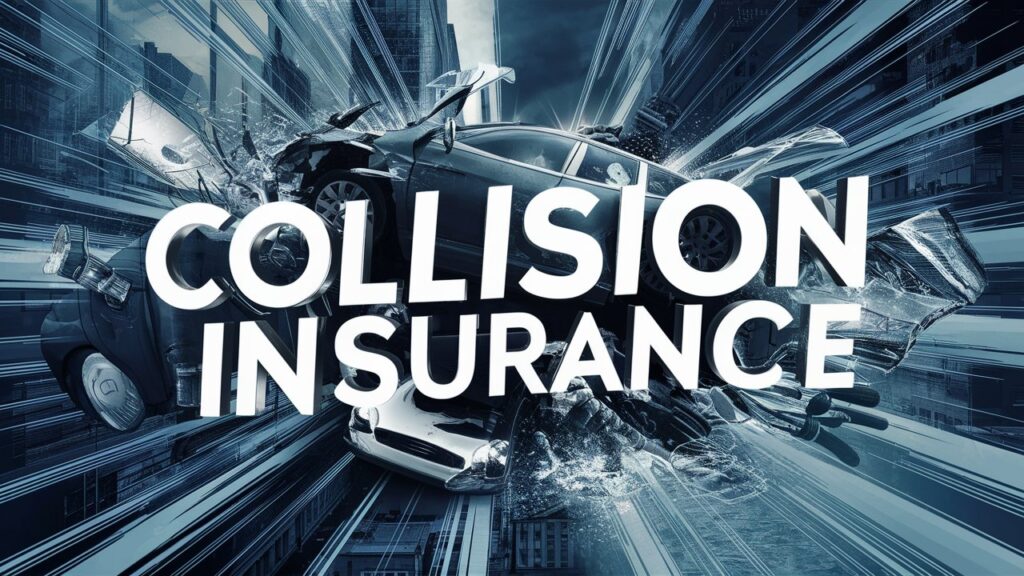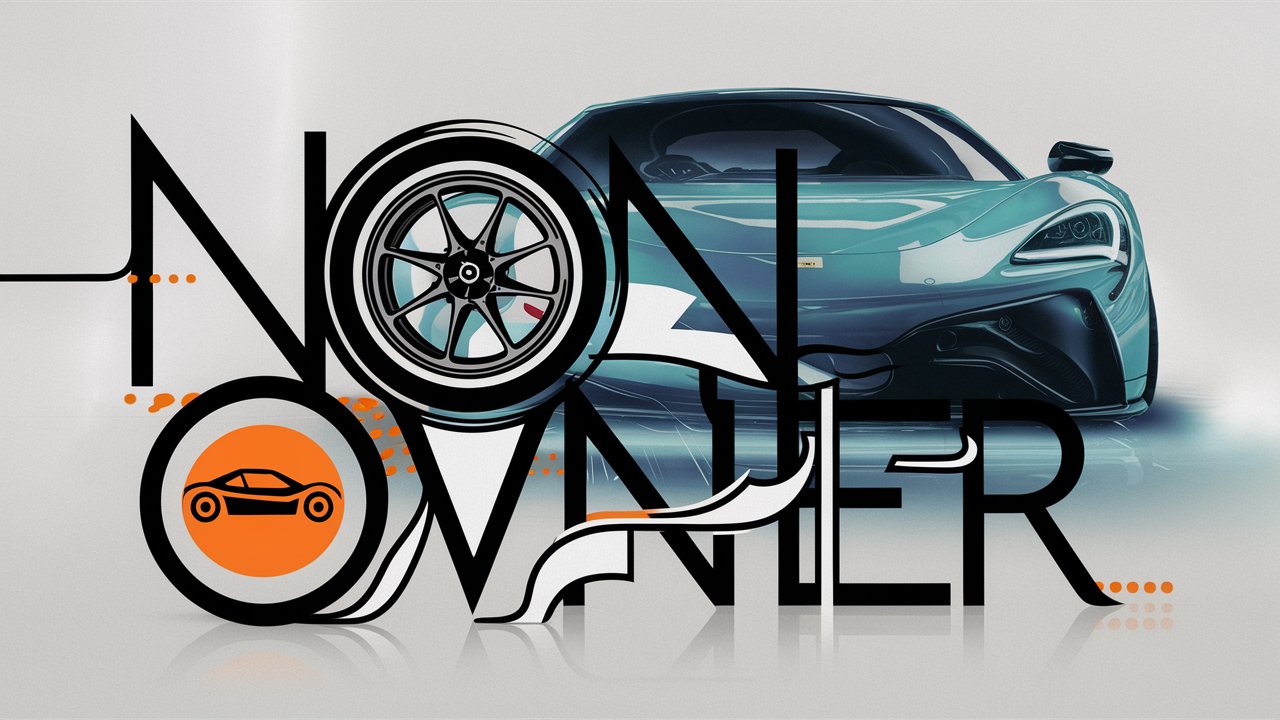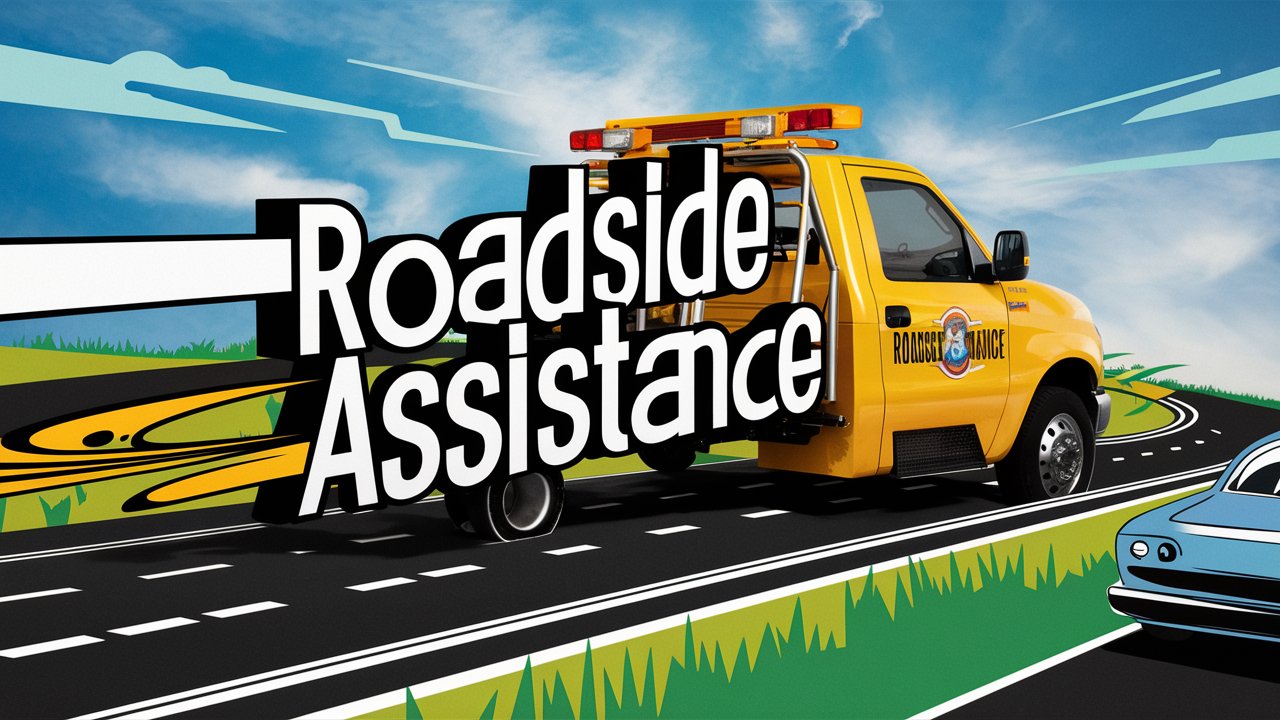Collision insurance provides crucial protection for your vehicle in case of accidents. It covers damage caused by collisions with other vehicles or objects, regardless of fault. Understanding how collision coverage works can help you make informed decisions to safeguard your car and your finances.
Introduction
It is a crucial component of auto insurance policies, offering financial protection in the event of a car accident. Unlike liability insurance, which covers damages to others’ property or injuries, collision insurance specifically covers repairs or replacement costs for your vehicle if it’s damaged in a collision with another vehicle or object. This type of coverage can be essential for drivers looking to protect their investment in their vehicles and ensure peace of mind on the road.
In this comprehensive guide, we’ll delve into the nuances of It, exploring what it covers, how it works, who needs it, and key considerations to keep in mind when choosing a collision insurance policy.
What is Collision Insurance?
It is a type of auto insurance coverage that helps pay for the cost of repairing or replacing your vehicle if it’s damaged in a collision with another vehicle or object, such as a tree or a building. Unlike liability insurance, which covers damages to others’ property or injuries, It covers your own vehicle’s damages, regardless of fault.
How Does Collision Insurance Work?
When you purchase It as part of your auto insurance policy, you’ll typically select a deductible, which is the amount you agree to pay out of pocket before your insurance coverage kicks in. Once you’ve paid your deductible, your collision insurance will cover the remaining costs, up to the actual cash value (ACV) of your vehicle. ACV is the amount your car was worth before the accident, taking depreciation into account.
What Does Collision Insurance Cover?
It covers damages to your vehicle resulting from,
- Car Accidents
Collisions with other vehicles on the road.
- Single-Vehicle Crashes
Accidents involving hitting objects like trees, poles, or fences.
- Vehicle Rollovers
Overturning of your vehicle, whether on its own or due to collision impact.
Coverage typically includes repairs or replacement of your vehicle, minus the deductible. It’s important to note that collision insurance doesn’t cover medical expenses for injuries, damage to other vehicles or property (covered by liability insurance), or non-collision-related incidents like theft or vandalism (covered by comprehensive insurance).
Who Needs Collision Insurance?
It is particularly valuable for,
- New Car Owners
Protecting the value of a new vehicle against repair costs.
- Drivers with Leased or Financed Vehicles
Often required by leasing or financing companies.

- Urban Drivers
Increased risk of accidents due to higher traffic density.
- Drivers in High-Risk Areas
Areas prone to accidents or inclement weather.
If you own an older vehicle or one with a low market value, the cost of collision insurance premiums relative to potential benefits may not justify purchasing this coverage.
Key Considerations When Choosing Collision Insurance
When selecting It, consider the following factors to ensure adequate coverage and value,
- Deductible Amount
Higher deductibles typically mean lower premiums but higher out-of-pocket costs.
- Actual Cash Value (ACV) vs. Replacement Cost
Understand how your insurer values your vehicle in case of a total loss.

- Policy Limits and Coverage Exclusions
Review the specifics of what’s covered and any exclusions that may apply.
- Combined Coverage Options
Evaluate bundled options with comprehensive insurance for more extensive protection.
Conclusion
It provides essential protection for vehicle owners facing the potential costs of repairing or replacing their cars after collisions. By understanding how It works, what it covers, and who benefits most from this coverage, you can make informed decisions to safeguard your investment and financial stability on the road.
Whether you’re a new car owner seeking comprehensive protection or evaluating your current policy for adequacy, collision insurance offers peace of mind and financial security in uncertain driving conditions. As with any insurance decision, comparing quotes, understanding policy terms, and consulting with an insurance professional can help you tailor coverage to your specific needs and budget.
In conclusion, while It may not be mandatory in every situation, its benefits often outweigh the risks of paying for vehicle repairs out of pocket. By investing in It, you’re not just protecting your car; you’re safeguarding your peace of mind on every journey.
For more details please visit our home page: Click Here

